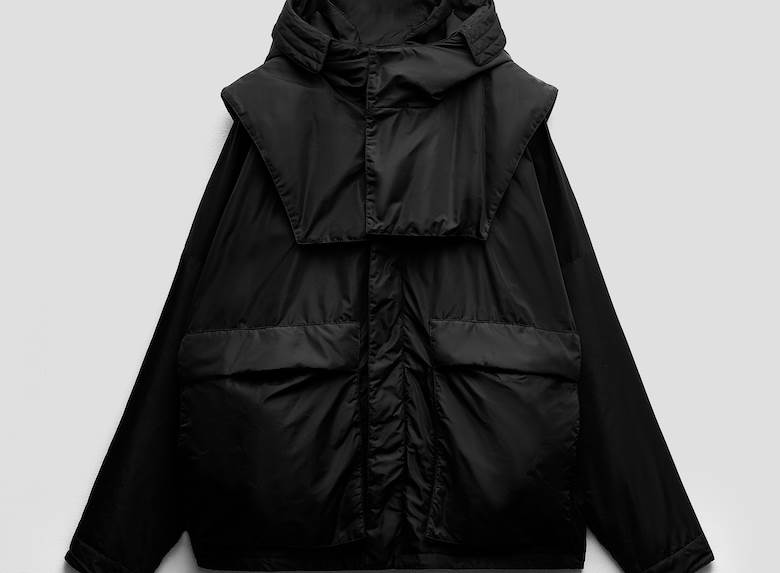Polyamide 6 can be revolutionised by BASF-Inditex project

Apparel group Inditex and chemicals producer BASF have announced a new version of polyamide 6 (PA6), made 100% from textile waste.
Inditex’s biggest fashion brand, Zara, has used the new fibre, called Loopamid, to create a jacket and is already making the product available to customers worldwide. Zara said it had used a “design-for-recycling” approach and that all parts of the jacket, fabric, buttons, filling, hook-and-loop closures and zip, are constructed from Loopamid.
As part of this project, BASF said it had developed a solution to improve recycling and circularity in the textile industry. All fibres in post-industrial and post-consumer textile waste can go into this recycling solution, the chemicals group said, and fibres and materials can be recycled multiple times. The Loopamid resulting from this has identical material characteristics to those of conventional virgin polyamide, BASF said.
President of its monomers division, Dr Ramkumar Dhruva, said Loopamid had “the potential to revolutionise” the PA6 market. He said BASF was in the process of scaling up the technology to serve customers “with commercial quantities”. He argued that Zara’s new jacket was “proof that circularity is possible”.
Other partners who played a role in this project included ModaRe, a take-back programme run by charity organisation Caritas. It classified, sorted and passed on discarded textiles as feedstock for Loopamid.
Yarn producer RadiciGroup worked with the new version of PA6 polymers to develop various types of yarn with different characteristics. Fastening technology developers YKK and Velcro used Loopamid to create plastic components for zippers, snap buttons and hook-and-loop fastenings.
Uniter from Spain, Tessitura Vignetta from Italy and Freudenberg and Gu¨termann from Germany also participated in the project, developing other components for the jacket such as inner labels, filling materials and sewing threads, always using Loopamid.
Inditex’s chief sustainability officer, Javier Losada, said: “Driving innovation is key to advancing towards a more responsible industry. This collaboration is a great example of how, by collaborating, we can use new technology to transform textile waste into a new resource. This project is a step towards a circular solution, as the industry still needs to boost collection and recycling capacities to close the loop and scale recycling for post-consumer waste.”
By 2030, BASF aims to double sales revenues generated from solutions for the circular economy to €17 billion. To achieve this, the group is concentrating on circular feedstocks, new materials and new business models.
Inditex aims to have 100% of its textile products made from materials with a smaller environmental footprint by 2030. As part of this commitment, the group expects to have 25% of textile fibres made from next-generation materials that do not yet exist at an industrial scale.










